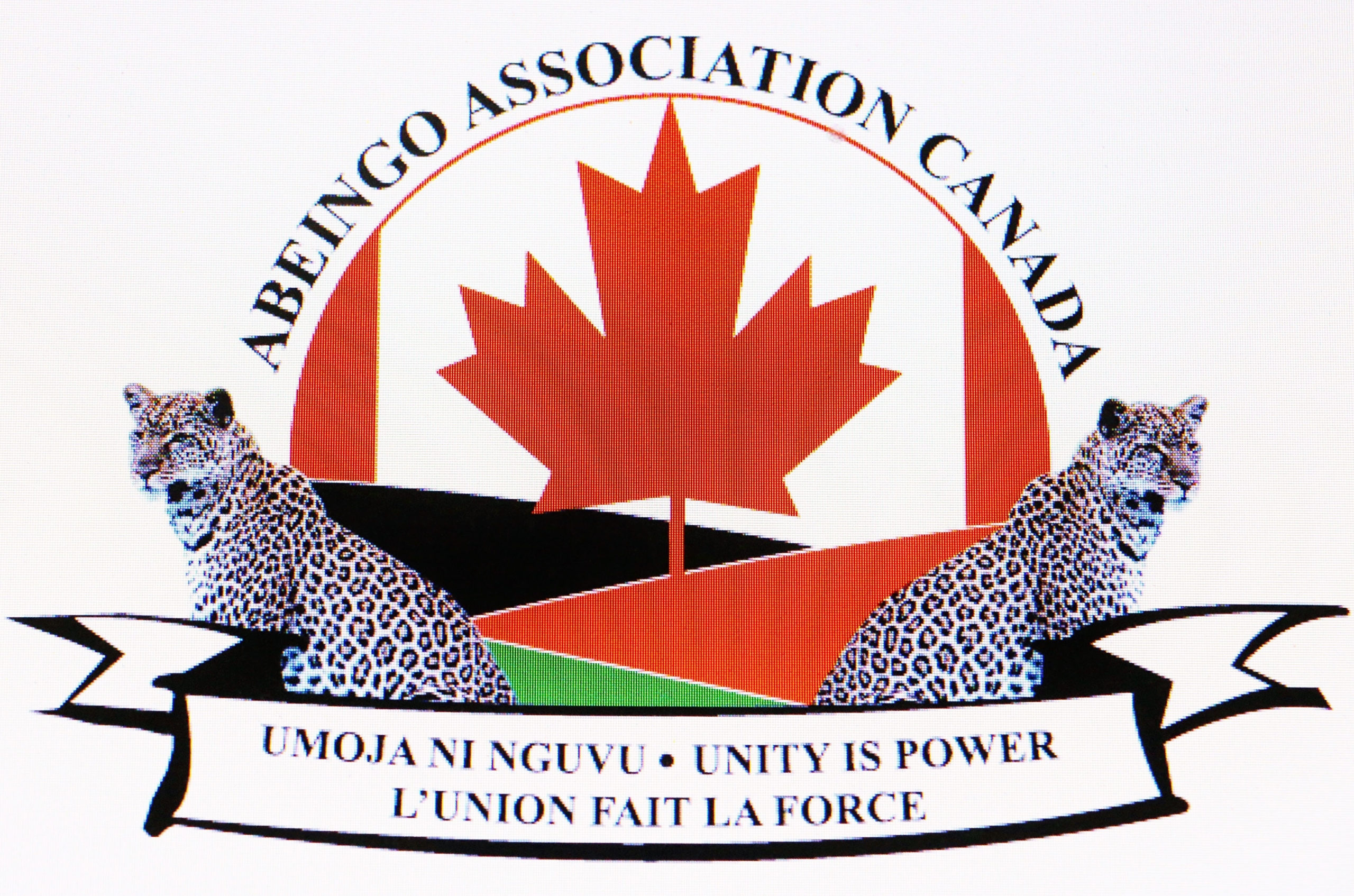GET INVOLVED
Support Kenyan youth in-need by donating used/new computers or covering the cost of freight to Kenya!
president@abeingocanada.ca | 416 272 9011
PROJECT MWANZO
“Mwanzo” is a Kiswahili word for “start” or “beginning”. On July 8th 2009, Abeingo youth whose parents originate in Kenya met and decided that they wanted do something positive to help underprivileged children in Kenya. This was the beginning of a project dubbed “Project Mwanzo”. A project by the youth for the youth to give the under-privileged youth a start or “Mwanzo” in ICT and hence open new doors for them and a chance in life
When the One Laptop per child (OLPC) project was started, every one thought this is an opportunity for the developing countries to bridge the technology gap and catch up with the developed countries. OLPC sounded exciting to many at the onset but hope has been dimmed by the slow pace of realization obviously due to the competing interests because it has shown potential to develop into a multi billion dollar segment of the PC industry. Several hundred test units were shipped in November 2006 to countries around the world, including Brazil, Libya and Nigeria. By 2007 the project expected to ship between five million and 10 million of the computers at an estimated sale price of $140-150 per unit, and the project was poised to approach $1bn in revenues in its first year of implementation. Although it was expected there would be a price drop over time as components become cheaper to a price of $ 50 per unit by 2010, the anticipated price drop has not yet materialized (these units are retailing at about $300-400) that would have made the units cheap enough for third world children, many of who live at the income level of $1 per day. Instead the benefit of the OLPC project are already being enjoyed by many in the developed in form of greater portability of PC’s in the form of Netbooks which are incidentally also priced much lower than the normal Laptops or Notebooks.
Project Mwanzo is intended to benefit both the “recipients” and the “givers”. Its objectives are: To collect and repair old computers from donors to be donated to schools in Kenya Involve the youth in learning new skills & know-how in hardware & software computing in a fun environment Create an avenue for the youth to network and work together for a noble cause while developing their organizational skills.
Through participating in the project the Abeingo Youth will gain new skills in life that will make them better citizens and the youth of Kenya on the other hand will get a chance in life through the new doors the internet will open for them. A chance they would not have had otherwise. The transfer of technology that is going to be an integral part of the modus operandi will not only ensure sustainability of the project but also creates skilled individuals “job ready” for the ICT sector in Kenya.
The Safaricom wireless company in Kenya has seen phenomenal growth since it started its operations in Kenya in 1997, it has seen a growth in its cell phone subscriber base from about 830, 000 to 13.3 million in just over a decade. A clear demonstration that “High tech” is not reserved for the developed countries only but that the people of the developing countries are ready and willing to receive technology so long as it can be made accessible.
